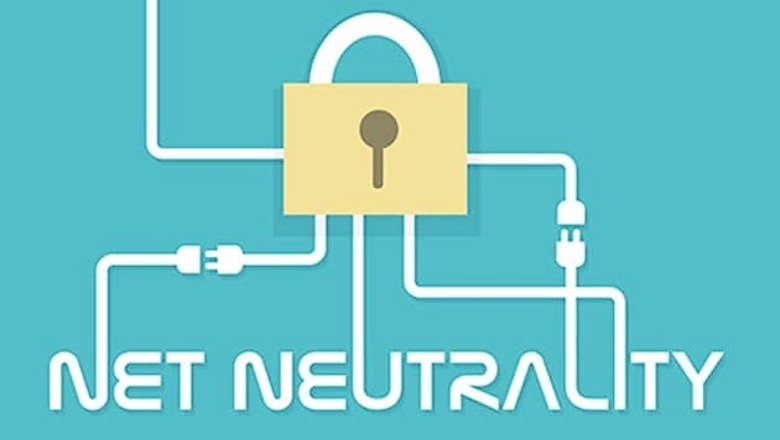
views
Net neutrality deals with ensuring transparency and equality all over the internet with respect to equal access to all the internet services and websites without any surplus charges.
In India, the debate over net neutrality was fuelled with Airtel Zero and Facebook Free basics.
Recently, TRAI has issued pre-consultation paper responding to a three way debate between the telecom operators, internet companies and the consumers. It has directed all stakeholders to respond to the paper by June 21, 2016.
Initially, the authority had talked about the enormous increase in internet consumption all over the country and how it was important to control the outflow of information and revenue of both the OTT service providers and telecom operators.
The authority notes that certain practices like blocking of apps or websites, throttling internet speeds, discriminatory tariff for data services, etc. may be deemed as unreasonable interference with internet traffic by a TSP.
In order to keep check on TSPs from imposing unreasonable restrictions, TRAI stresses on transparency by making users aware of the terms of internet services, including aspects of bandwidth, price and the network management policies of the TSP.
OTT communication services, like Voice over Internet Protocol (VoIP) and instant messaging use the internet for their transmission. Some of these services are not subject to the same regulatory regime that is enforced on conventional voice and messaging services provided by TSPs.
The paper directs all the registered TSP’s to follow ‘core principles’ of net neutrality which were earlier explained.
Licensing of the OTT services would help to eliminate any fake services and unsure safety of its users by placing them within legal framework.
Stakeholders are required to address certain questions while submitting their feedback, including issues like ‘What are the key issues that are required to be considered so that the principles of net neutrality are ensured?’.




















Comments
0 comment